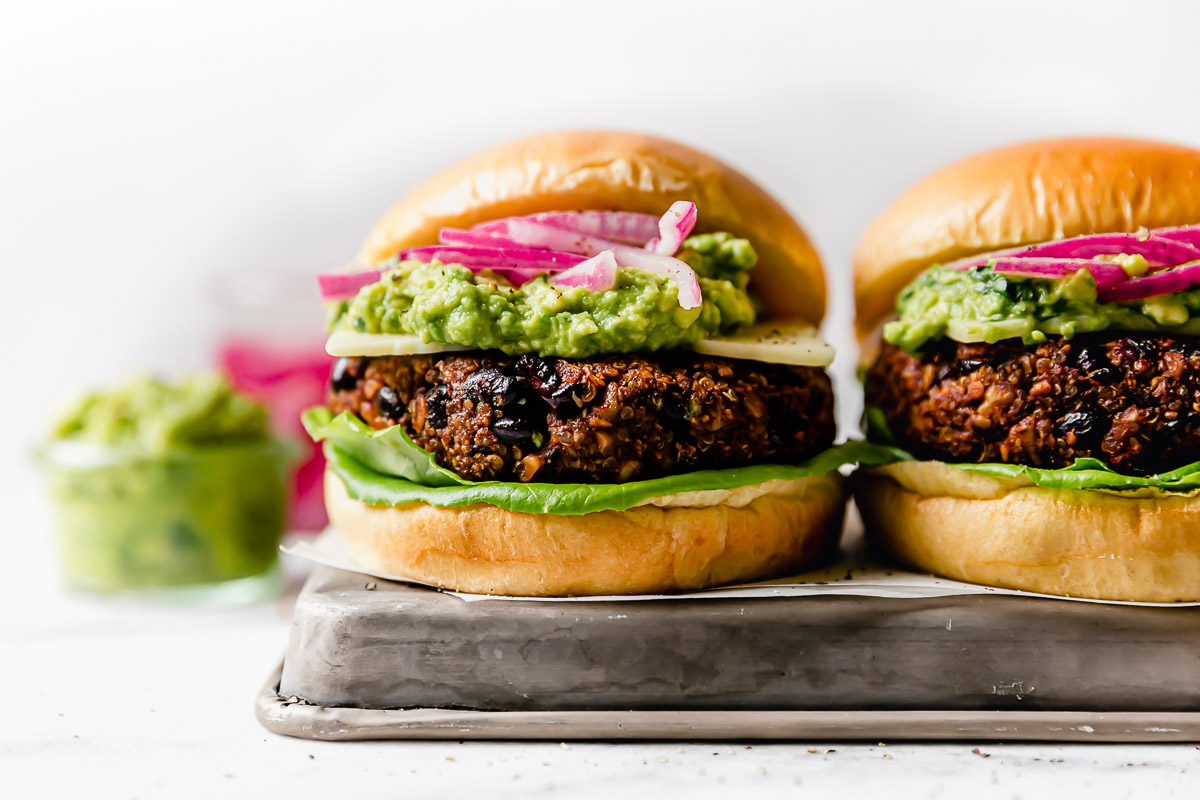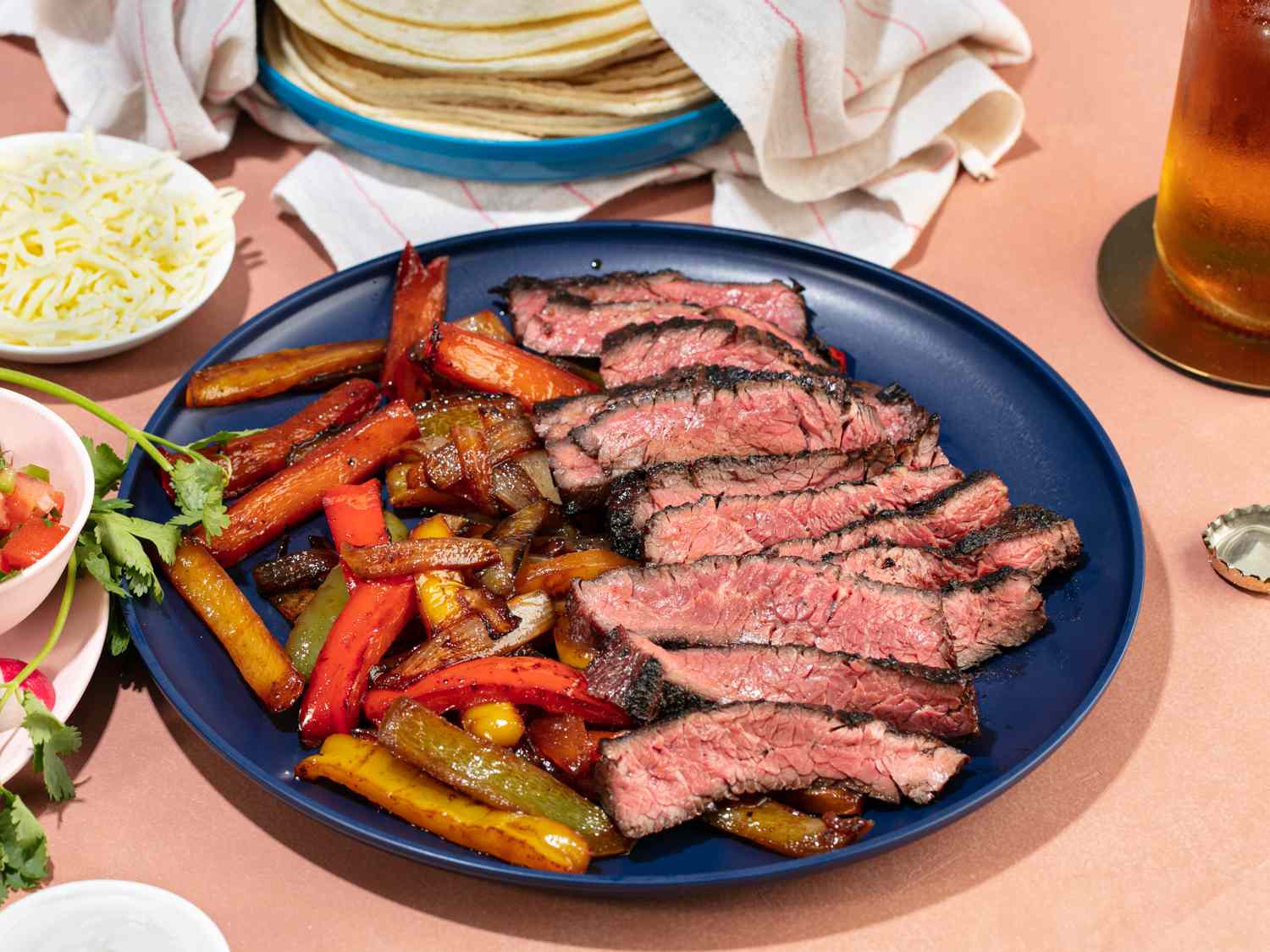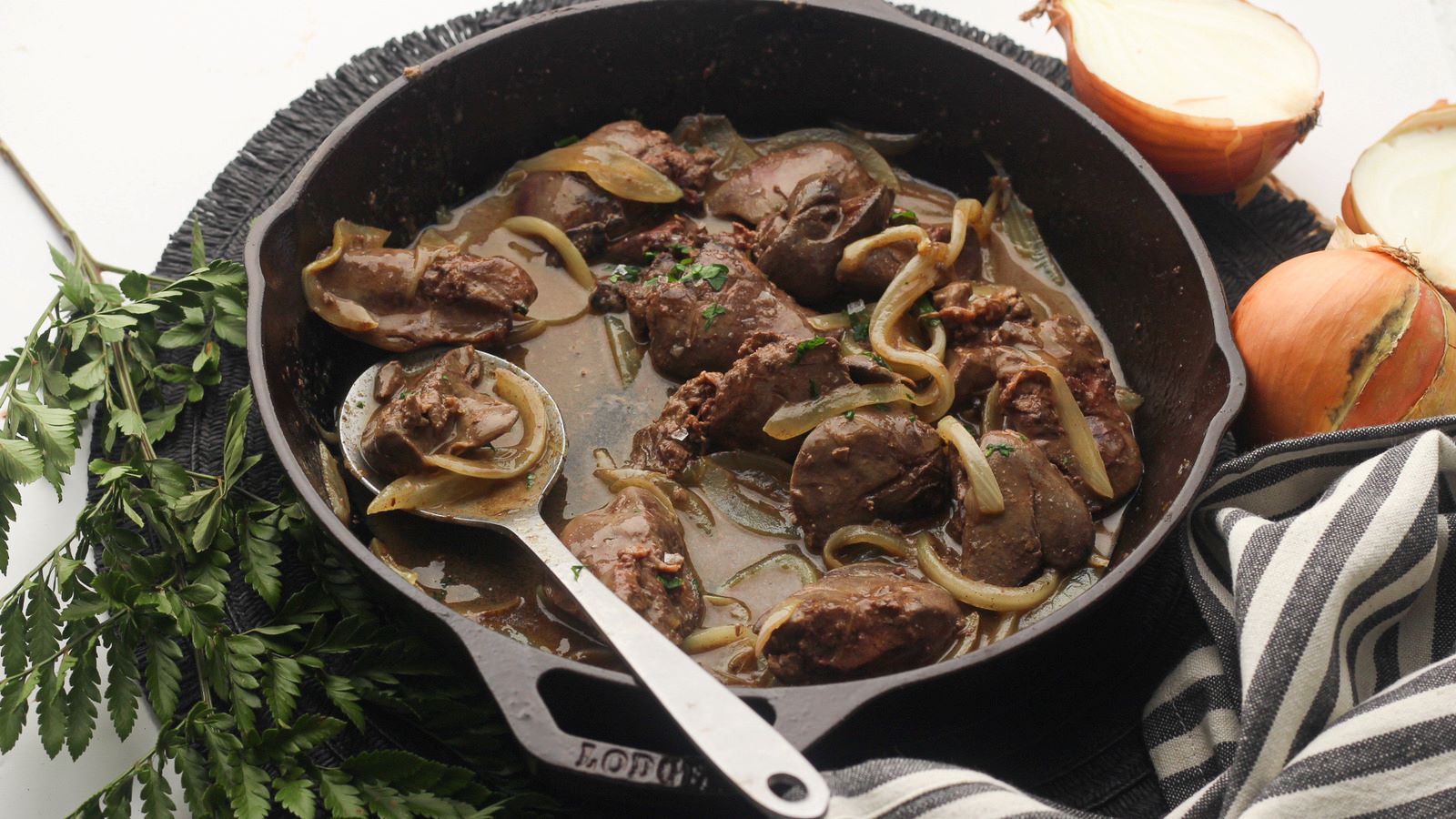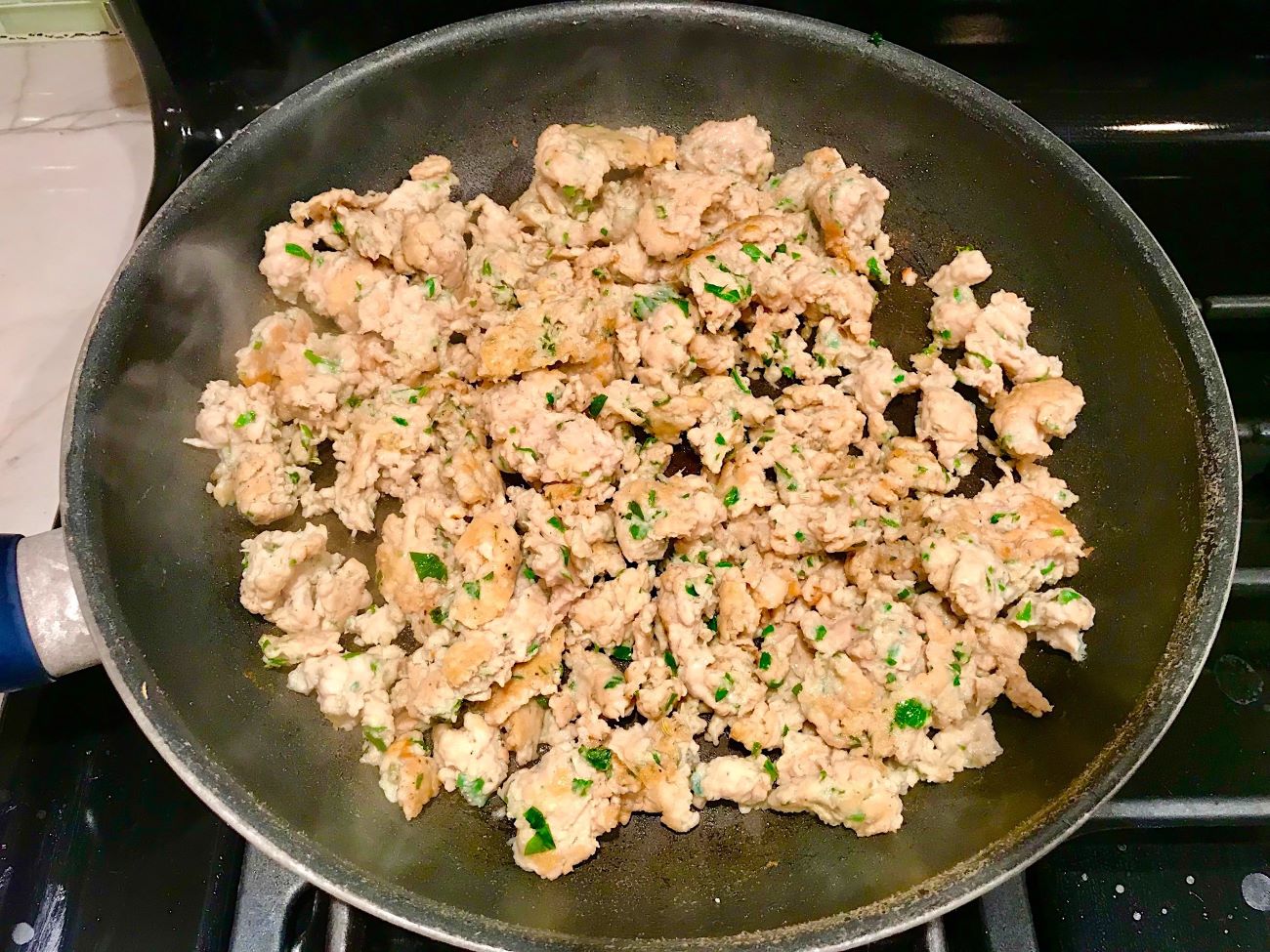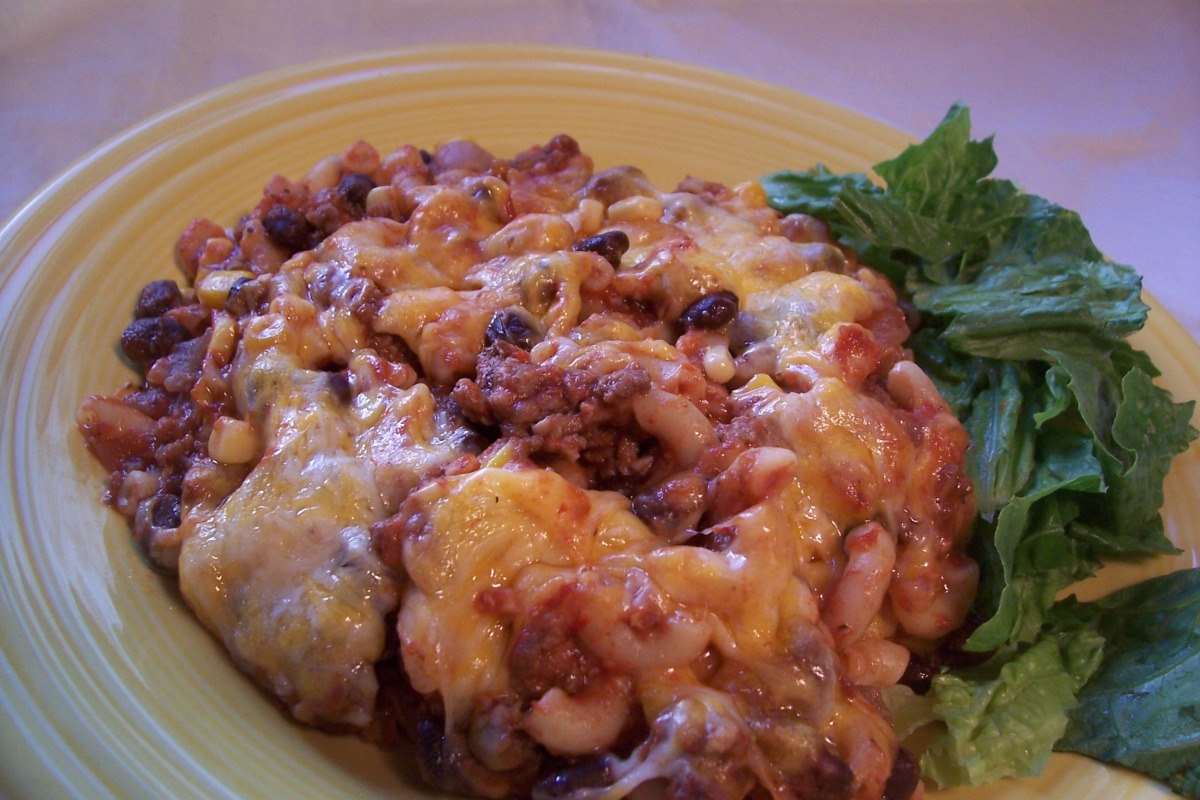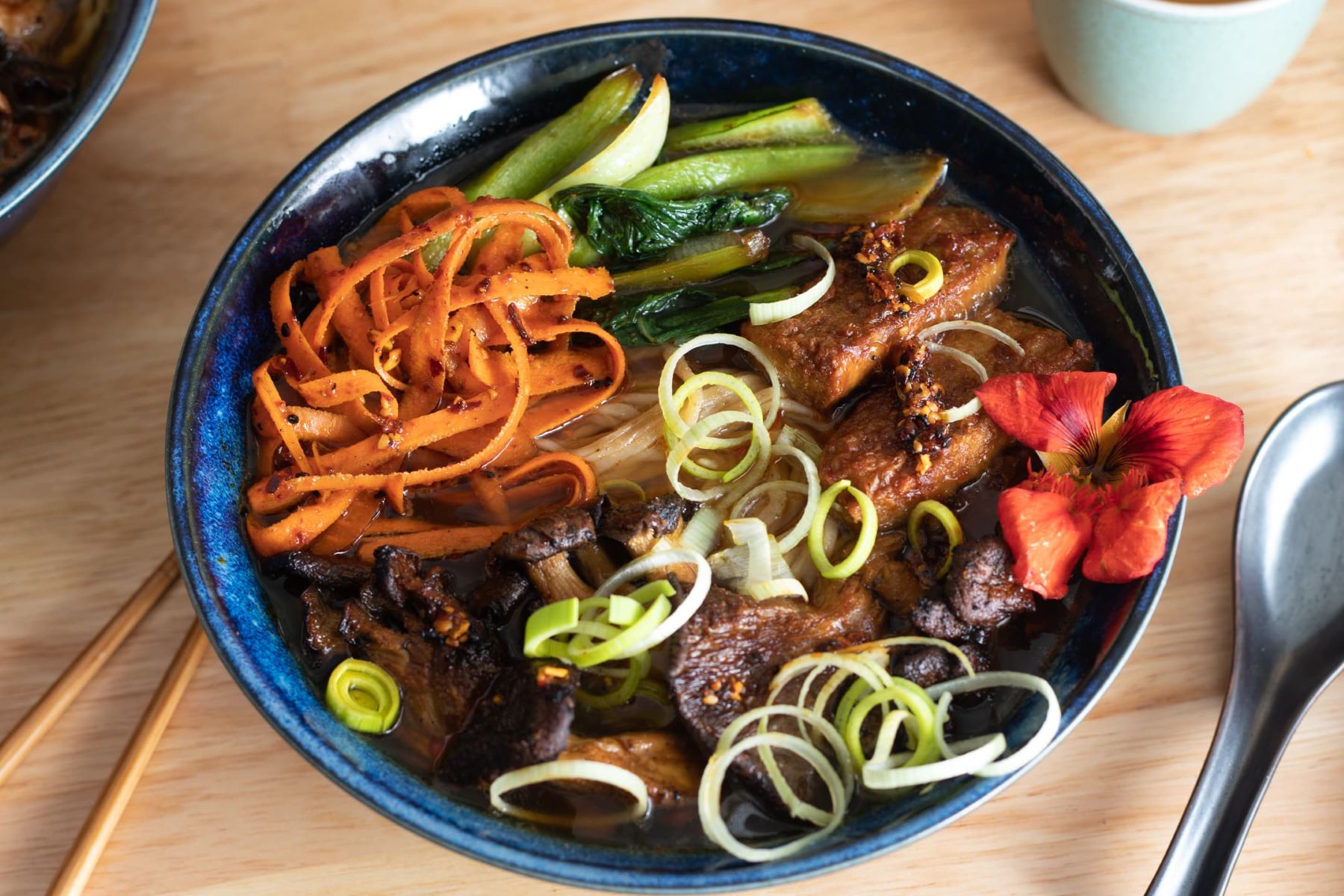Introducing Eggs into Your Baby’s Diet: A Guide for Parents
Congratulations! Your little bundle of joy is now 6 months old and ready to explore new tastes and textures. As a loving parent, you want to ensure that your baby gets all the necessary nutrients to support their growth and development. One food that you may consider introducing is eggs, which are nutritious and versatile. However, it’s important to know how to cook eggs safely for your 6-month-old baby. Follow our guide below to make sure you’re doing it right!
Why Introduce Eggs?
Eggs are a fantastic source of protein, healthy fats, vitamins, and minerals. They are also rich in choline, a nutrient that plays a crucial role in brain development. Including eggs in your baby’s diet can help meet their nutritional needs and support their overall growth.
Getting Started
- Talk to your pediatrician: Before introducing eggs, it’s always a good idea to consult your pediatrician, especially if your baby has any known allergies or health concerns.
- Start with the yolk: Begin by offering only the yolk part of the egg. The yolk contains most of the nutrition and is usually well-tolerated by babies.
- Use fresh, organic eggs: Opt for organic eggs from free-range chickens, as they tend to have higher nutrient content and are less likely to contain hormones or antibiotics.
- Choose the right cooking method: It’s important to choose a cooking method that is safe and suitable for your baby’s age.
Safe Cooking Methods for Babies
When it comes to cooking eggs for your little one, there are a few methods that are considered safe:
- Hard-boiled eggs: This is perhaps the easiest and safest way to prepare eggs for your baby. Simply boil an egg until the yolk and white are both fully cooked. Once cool, mash or puree the yolk and serve it to your baby.
- Scrambled eggs: Another popular option is scrambling the eggs using a small amount of butter or oil. Make sure the eggs are fully cooked but still soft and easy to chew.
- Baked eggs: You can also bake eggs in a muffin tin or small ramekins. Lightly beat the eggs and bake until fully cooked. Then, cut into small, baby-friendly portions.
Important Precautions
While eggs are generally safe for babies, there are a few precautions to keep in mind:
- Avoid adding salt or other seasonings: Babies don’t need added salt or seasonings in their food. Stick to plain preparations.
- Watch out for allergies: Eggs are considered a common allergen. Start with a small amount and observe any allergic reactions such as rash, hives, or difficulty breathing. If you notice any signs of an allergic reaction, stop feeding eggs and consult your pediatrician immediately.
- Always supervise your baby while eating: Make sure your baby is seated upright and supervised during mealtime to prevent choking hazards.
Remember, every baby is different, and it may take a few tries before they develop a taste for eggs. Be patient and keep offering a variety of foods to expand their palate.
In conclusion, eggs can be a nutritious addition to your 6-month-old baby’s diet. By following safe cooking methods, consulting with your pediatrician, and being aware of any potential allergies, you can introduce eggs in a way that supports your baby’s health and development. Enjoy this exciting phase of your little one’s journey into the world of food!
Classic Hard-Boiled Egg Salad is a great starting point for parents introducing eggs to their baby's diet. It's simple to prepare and can be mashed to a smooth consistency, perfect for little ones. Moving on, the Creamy Scrambled Eggs with Avocado offers a delightful texture and a healthy dose of fats from the avocado. For a bit of variety, the Spinach and Cheese Scramble adds a nutritious green veggie into the mix, making it a well-rounded meal. If you're looking for something sweet and nutritious, Banana and Egg Pancakes are a hit among babies and parents alike. Lastly, Zucchini and Egg Mini Frittatas are an excellent option for introducing more veggies into your baby's diet while keeping it fun and easy to handle. These recipes are not only nutritious but also easy to prepare, making them ideal for busy parents.
Was this page helpful?
Read Next: How To Cook La Choy Chow Mein Noodles

